
At Home
Mersey mental health expert gives advice for coping during local lockdown
5 years ago
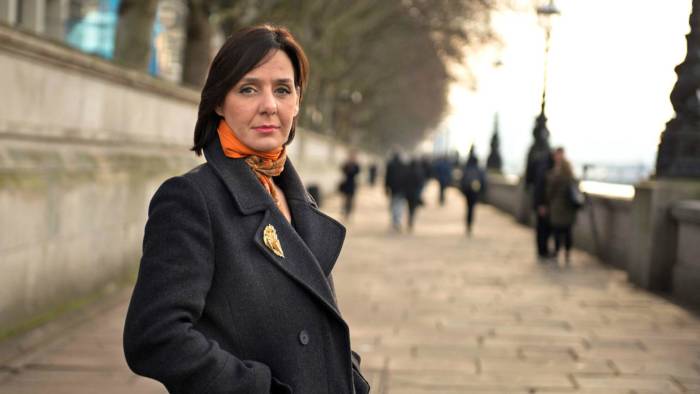
With months of restrictions behind us and, still, in front, it’s not surprising that lockdown is taking its toll on most of us.
Isolation and distancing, and the uncertainty and confusion of the situation, will put pressure on all of our emotions.
“It’s a challenging time for even the most resilient of people now,” says Angela Samata, Merseyside art and mental health advisor. “And looking to another six months of this, it will affect those who are usually positive-thinking, upbeat people.
“Isolation, for one, is associated with punishment,” Angela. “We are being asked to isolate for the sake of ourselves and everyone else, so we feel compromised. There is a reason why we use solitary confinement as a form of punishment – and that is because usually we don’t like it.
“Added to that, the removal of control, the removal of choice of what we can and can’t do, and the freedom to make those choices, it makes life so difficult.
“Coronavirus has utterly and completely transformed our way of life,” she says.
BUT there is hope, and there are ways we can all deal with the situation we find ourselves in.
“We have hope – it makes us tick and we humans are naturally optimistic,” she stresses.
“And it is what will get us through this.”
It is difficult, she admits. Debt and financial worries can make any mental health challenges worse – and those are genuine concerns of many people at the moment.
Where we had hope at the start of the Covid-19 crisis that those early drastic measures would resolve, or begin to resolve, the situation in a matter of a few months, the end is far from in sight several months on.
“But we are resilient. Liverpool is resilient. Just look at the 80s, and the city has been through the toughest of times, and yet it survived, and it thrived, and it will do again.
“And so,” she smiles, “will we.”

Angela’s advice on how we can help ourselves:
– Remember that everyone (or most of us) is in the same boat. There is an honesty and openness in that people are admitting how difficult they are finding it, and there is a therapeutic effect in knowing that others are feeling the same way as we are.
“If I’m not having a great day, I go on Twitter and realise there’s a lot of other people feeling like I do.”
– Know that it’s completely and utterly normal to feel anxious. Some people have low levels of anxiety and some higher, but when no-one feels in control of things, anxiety is not unusual.
– Get outdoors every day, even if it’s just a short walk – physically go out.
Getting into green space whether it’s a local park or where there’s a gorgeous tree, is really important and has a great beneficial effect on our well-being and there are plenty of places around us.
– Remember that there are still things you are in control of and remind yourself what your protective factors are. You might have to modify them: if exercise makes you feel better and the gym is closed, go for a walk, exercise at home – read, watch TV, take a bath – do the things that you can that you know will make you feel better.

– Think about difficult times you’ve had before and how you have overcome them, what you used then to get your through, and made you better able to cope.
“We have all had times that have overwhelmed us, and it’s different for us all, it could have been losing a loved one or even a pet, it can seem small to others but it’s how it affected us. I have certainly been through tough times and, when I got pregnant at 17, I felt my life was over, I wondered how I was going to cope, I couldn’t look after myself let alone a baby, and now he’s 30 and over 6ft tall. We form the resilience we need.”
– Talk to friends and family. Most of us have a support network to help us but if we don’t there are national charities and phone lines waiting to help us, so call them: The Hub of Hope, The Samaritans, James’ Place in Liverpool, and so many more.”
– It will pass. “Have a moan, recognise that it is really difficult, but it will end. Yes, you will wake up with a feeling in the pit of your stomach, but it won’t be forever.”
💛🌇💛 pic.twitter.com/5q8nfq3ZiY
— The Guide Liverpool 🌇 (@TheGuideLpool) October 14, 2020
And Angela says: “There are things we can learn from this, and take from it, like realising we took so much for granted before and being grateful for the little things – like sitting in the garden in the fresh air with a cup of coffee in the morning, or going for a walk.
“We have learned we can do things from home, we can have conferences on Zoom – I haven’t travelled nearly as much as I normally would, but I’ve still managed to get everything done for work without spending so many hours on a Pendolino.
“Many of us have achieved a better work balance and that’s something we can take out of this. So recognise it is a terrible time, but know it won’t last and there are good things that can come out of it.
“We can be hopeful.”


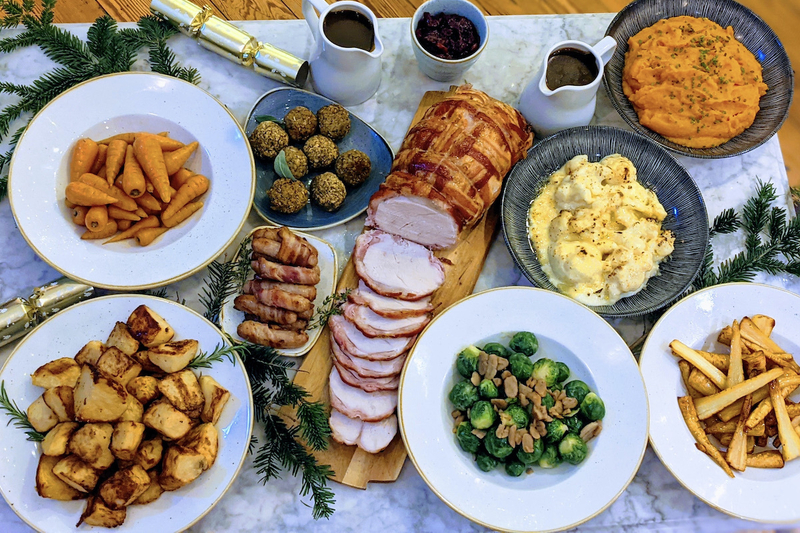
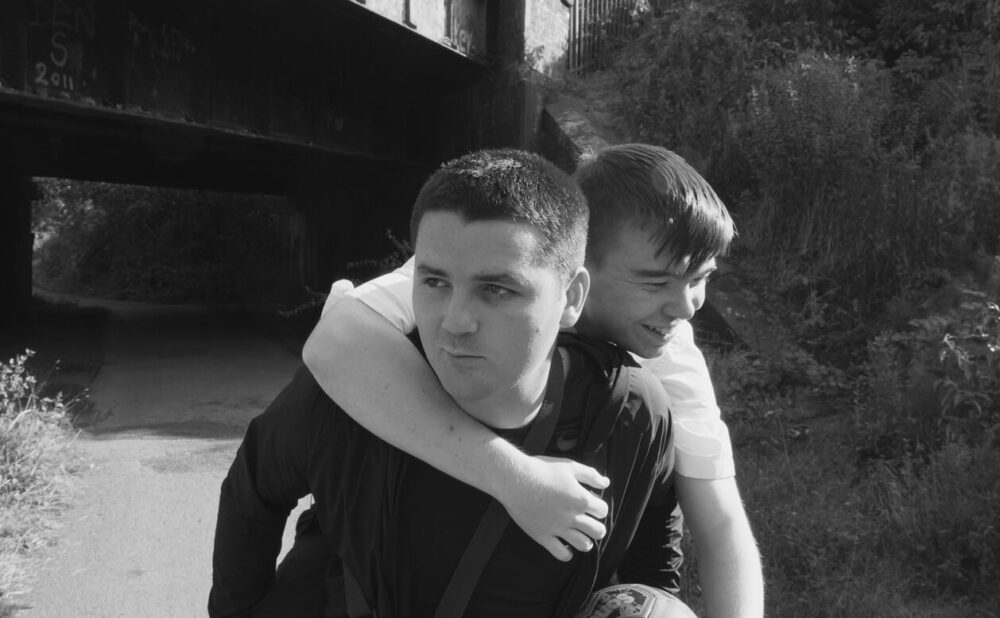



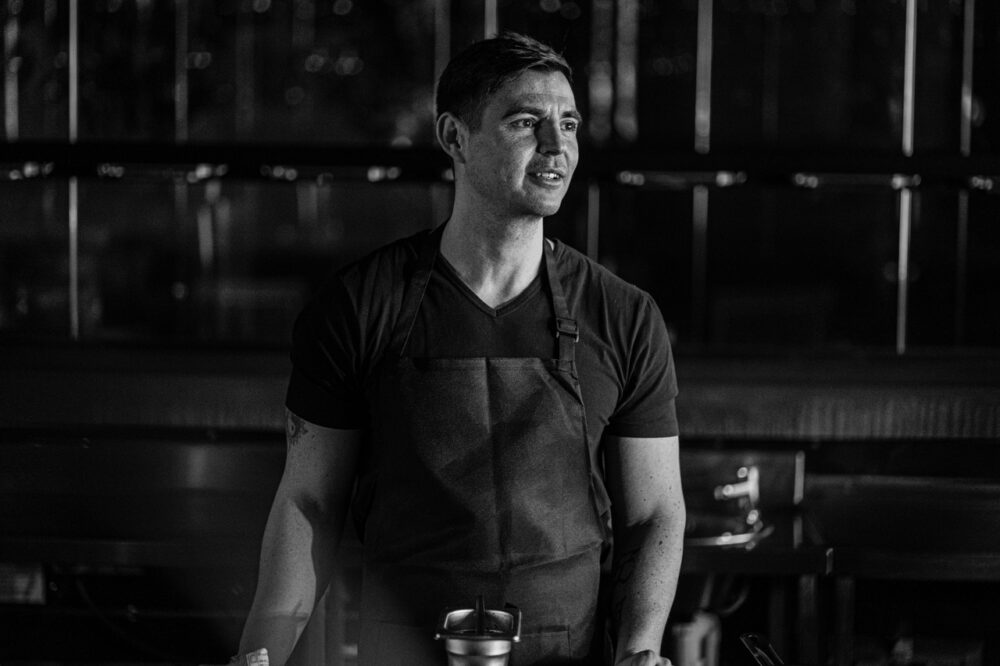
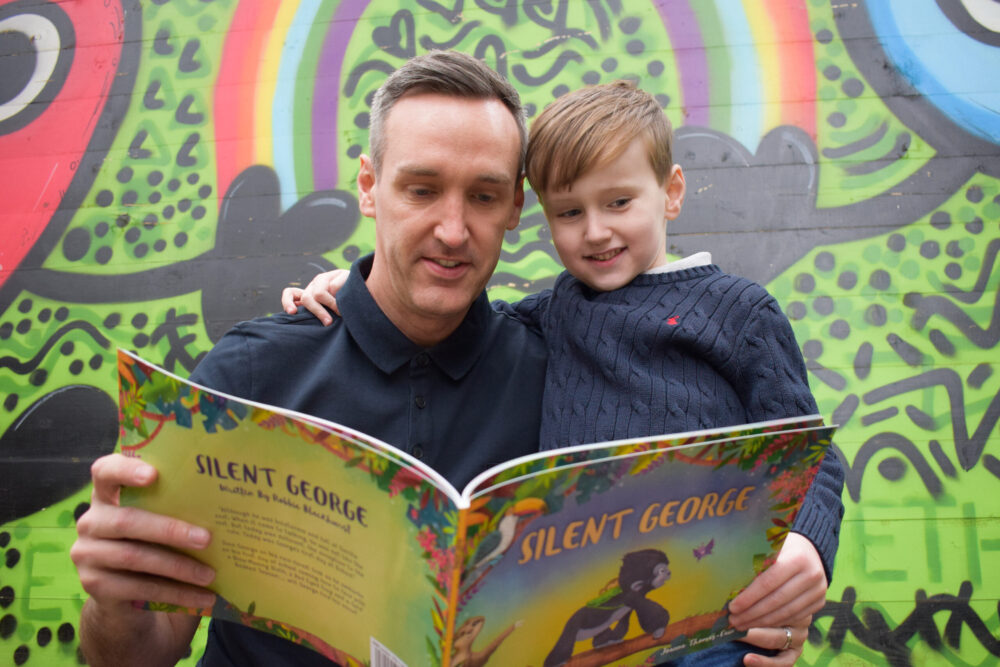
 Subscribe
Subscribe Follow Us
Follow Us Follow Us
Follow Us Follow Us
Follow Us Follow Us
Follow Us Follow Us
Follow Us











